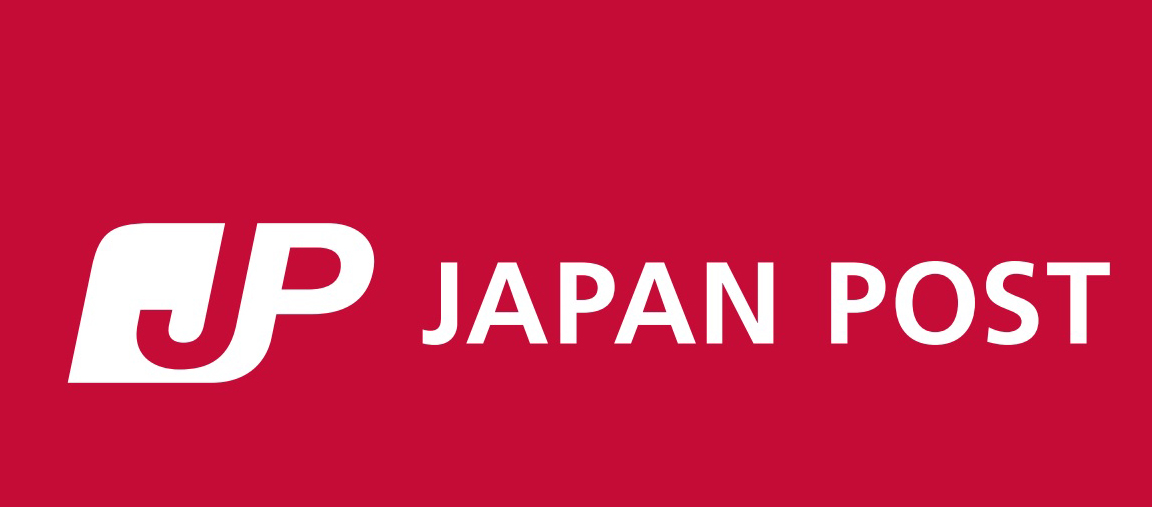Analysis: Japan’s push for logistics growth
20 / 03 / 2015

Japan Post Office’s move to acquire Australia’s Toll Group is seen by analysts as partly an attempt to stave off sluggishness in Japan’s domestic market.
This is true for all Japanese companies, but particularly so for the post office, which is facing weakening demand for traditional mail and parcel delivery services, said the Wall Street Journal.
It was a similar dynamic which prompted the German post office, Deutsche Post, from the late 1990s to buy a range of airfreight and logistics giants, such as AEI, Exel, Danzas and DHL.
Ironically, one of the many reasons for Toll Group’s relatively poor performance lately has been heavy competition from Australia Post, which has made it difficult for it to break into the online business in its own domestic market, in the opinion of the Sydney Morning Herald.
State-owned Japan post is clearly in acquisitive mood ahead of its own plans to float on the stock market, for a possible ¥8trn yen (US$8.4bn) in the current financial year.
Acquisition of Toll is seen as an attempt to diversify its revenue and raise its value ahead of its listing, and bolster its claim to be a genuinely global business. In fact, the combined company would operate in 55 countries and would become the world’s fifth-largest logistics group in revenue terms, just behind FedEx, says Japan Post Office.
Attempts by state post offices to transform themselves into international logistics operations do though have a chequered history.
Many of the more expansionist European post offices had to rein in their enthusiasm after buying logistics companies, nor has the spectre of public bodies using taxpayers’ money to embark on buying sprees always been popular.
Toll Group can trace its history back to 1888, but its rise to prominence as a major logistics force came in the 1980s onwards when then chief executive Paul Little but it embarked on a buying spree in Australia, Asia and North America, as in an attempt to transform the company into a global logistics player – in much the same way that TNT had done a few years earlier.
Eventually, the company was split into two with former Toll director Mark Rowthorn hiving off the ports and rail assets into a new company, Asciano.
The company has been engaged in a restructuring exercise since 2012, when Brian Kruger took over as chief executive from Paul Little, who remains a five per cent shareholder and stands to benefit greatly from the Japan Post takeover.
It is still possible that the sale could be blocked by Australia’s Foreign Investment Review Board, which has blocked similar acquisitions in the past.
Disposal of what might be seen as a strategic asset to a foreign company, particularly a state-owned one in Japan, might be controversial.
However, Japan Post Office has given assurances, seemingly, not taken at face value by the Australian Transport Workers Union, that there will be no job losses as a result of the takeover and that Toll’s current identity and management will be retained.
Toll chairman Ray Horsburgh has also said that he expects the Foreign Investment Review Board to approve the deal.
Did you find this article of interest, if so why not register for a FREE digital subscription to Air Cargo News? – Find out more














